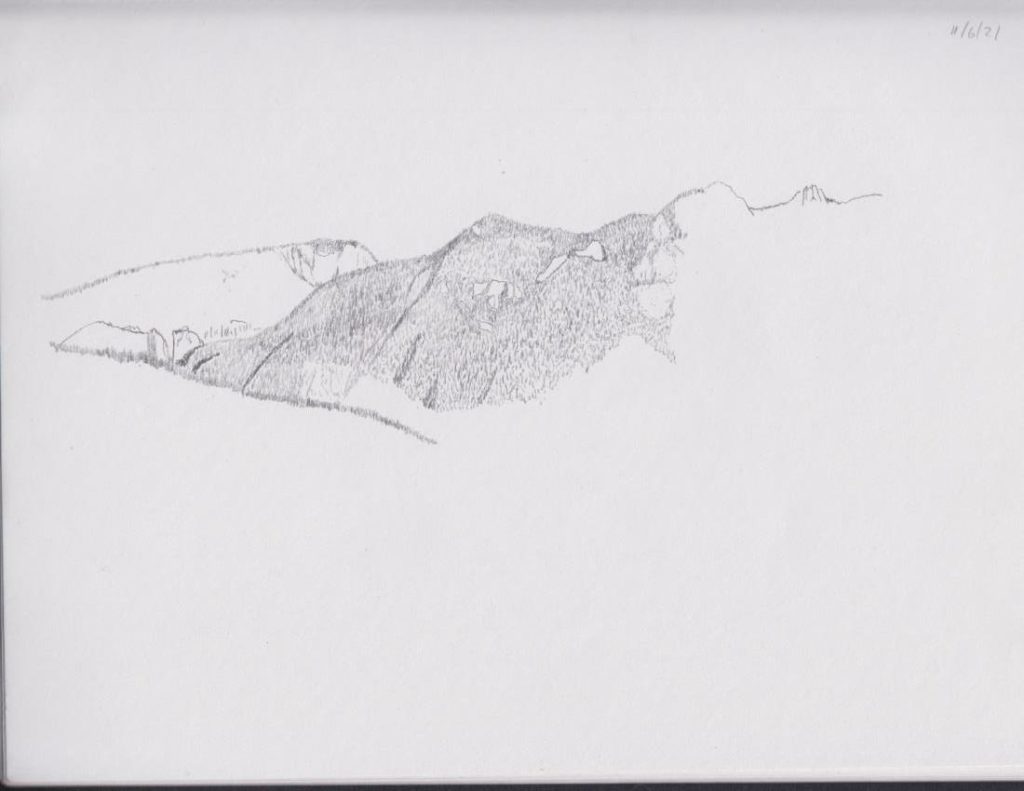I feel like I have no time.
Explaining the Joke
Cultural idioms and so forth being somewhat obscure, how much of a non-entity joke do you explain to someone from outside your culture?
Reason being, I walked into my lab and a foreign student was there. Good guy. We said hellos, and when he asked me how I was doing, I replied, ‘Another day in the salt mines.’
Immediately after saying that, I realized there’s an odd spin on that phrase in the US. Hence I explained it, but that left me explaining the joke, leading to this train of thought, etc.
In the US, salt mining was a fairly common thing, and before child labor laws went into effect, a lot of the salt miners were children. They worked in appalling conditions, and many of them died.
When an American says, ‘Another day in the salt mines’, or something to that effect, there’s inherent irony there. The message is ‘My job is nothing like the salt mines, I’m just feeling a bit lazy and don’t want to do it.’ That’s understood.
But it’s not understood if the listener isn’t American.
Generally, people take statements like that at face value, and the spins we’re used to putting on an expression isn’t inherent, it’s a reflection of culture. I see this a lot with memes taken from movies and TV. People react to the meme purely literally, and if the source material has some spin that isn’t conveyed, it is likely lost in translation. There’s nothing inherent about knowing Orson Welles was the only one clapping at the Academy Awards, or that comparing my easy job to salt mining is meant with the understanding that my job is easy.
So I explained the joke.
But people don’t like doing that or needing jokes explained.
I know some people who respond to this situation by trying not to make in-culture jokes to others, but then conversation becomes artificially stilted. It also develops its own exclusionary effects. If people are watching what they say around you, you notice.
He’s a good guy, and my job is easy.
The Hobbit
For a kid’s book, it’s really grim. Grimm Brothers grim. I’d forgotten that completely.
Drawing 11-6

I’m trying to get rock faces down. My general idea is the same as always: Don’t draw shapes; just draw details. But big rocks with sheer faces have nothing but outlines and shapes in monochrome. Instead of drawing texture like trees, I could try shading. I’ll give that a shot next.
Messaging
The problem fantasy movies have with anti-war messages is everyone runs around deep-voiced talking to each other about how war is bad…until the orcs show up. Then it’s ‘kill them all, show no mercy, death and fire!’
So war is bad. Unless the other side is a race of bad guys.
So, like, if you hate elves, aren’t they a race of bad guys? Aren’t Tolkien’s orcs elves*?
*Yes and no. Yes, if you take the Unfinished Tales and a few other sourcebooks as canon (which most people do). Yes, if you take the movies as canon and assume Saruman wasn’t lying when he told the Uruk Hai the story of orcish origins. No (or maybe really), if you stick strictly to the printed book LotR and Hobbit.
BTW, since the elvish afterlife is a thing in Tolkien, killing them all and letting the Valar sort them out is actually a perfectly valid, in-world strategy.
My point here is that anti-war messages in fantasy stories sometimes don’t make any sense.
Lessons
You know how sometimes the world decides to remind you of humility?
The most pleasant way it does is by making me work with people much smarter than me.
Mara
Thank you everyone who ordered a copy. (A download?) I’m pretty pleased with how it turned out.
Those matter a lot, because more downloads raise the book in Amazon’s algorithm. That controls exposure, linkage, etc. Since I’m working on another, having Mara do well would be a big help. If you have purchased it or read it on Kindle Unlimited, please leave a review. Even just stars would be fantastic.
I appreciate you reading and hope you enjoy it.
Mara
Today’s the last day to get Mara free on Kindle. The physical book is available too.
The world is hard. Be kind to each other.
Employment Statistics
I’d be interested in seeing retention numbers for people with offices, cubicles, and hot-swap desks.
Wavelets
A wavelet is a chunk of a wave. In theory, waves go on forever, but they don’t. Contraction from waves to wavelets is analogous to applying friction to Newtonian forces. The mechanisms seem quite different.
